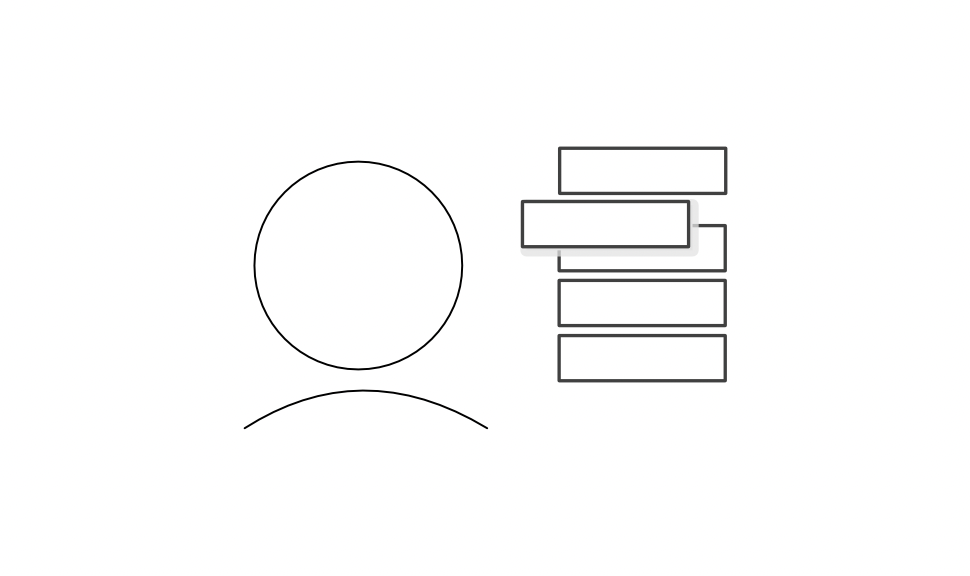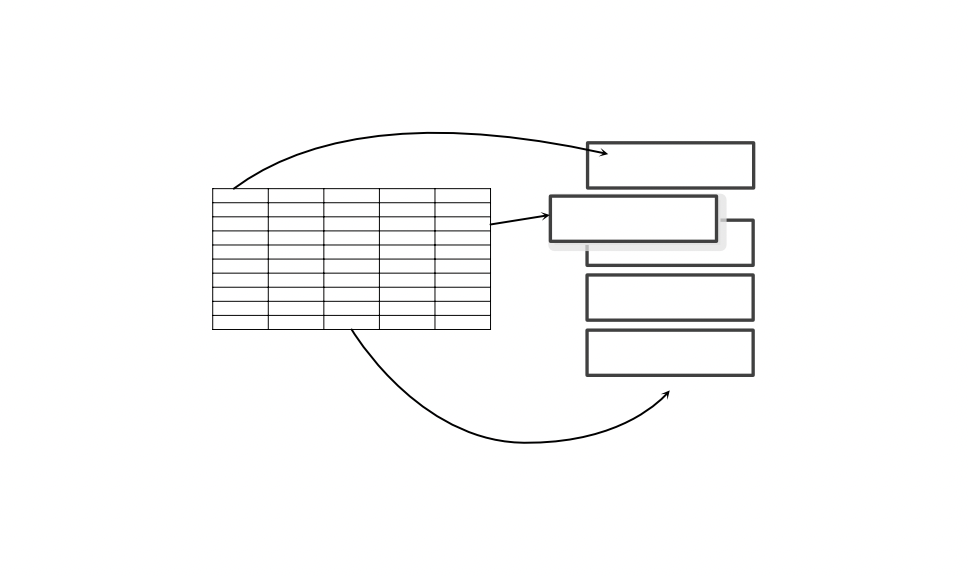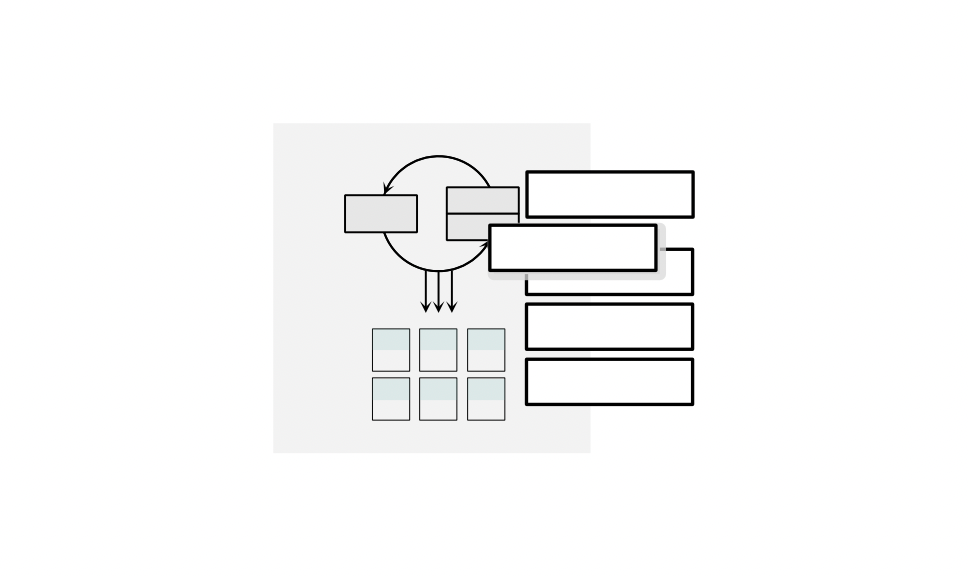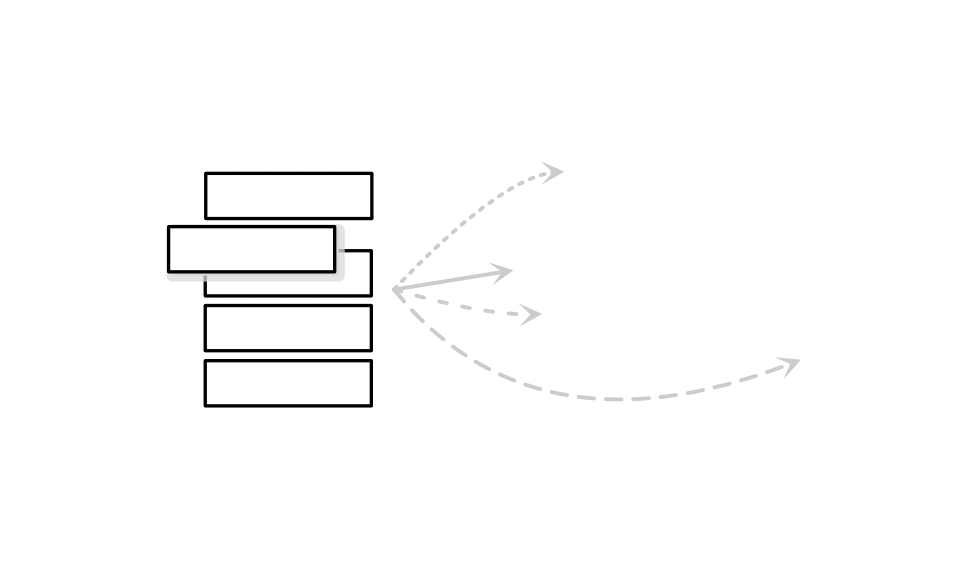Prioritized search
User-controlled smudged-binary filters

Big picture goal: support personal evolution of users through enabling thinking and troubleshooting imperfect matches
Search right now is returns based on all kinds of information being smudged for us in the background, not by us as the immediate problem solvers. It’s a bit of a mental twist, but not a huge one. Look at it. Exists already, right? Look at it again. It’s not that it exists already (at least as of this writing, that I or my longest-standing IT cohort are aware of). It’s that it’s very closely aligned with how people think outside of the binary. And yet, it smudges the binary — making the returns slightly imprecise — by using multiple binaries and a precise data set. If someone had seen it, we could have done it ten years ago.
What this concept also does:
- conceptualized to honor people’s data privacy: no need to pay data brokers; not relying on user data reduces temptation for hacking your systems, so it might reduce security events;
- honors peoples’ ability to troubleshoot their own problem solving, capturing unknown/unanticipated long tail conversions;
- helps to level the playing field for small business, creating more competition and more options in a dynamic marketplace;
- long-term reduces metadata maintenance by not having to think of and manage adjacencies

All posts are part of Concepts subscription. 7 posts, ~1min reading time each by word count, high cognitive load.

All posts are part of Concepts subscription. 7 posts, ~1min reading time each by word count, diagrams and designs, high cognitive load.

All posts are part of Concepts subscription. 4 posts, ~1min reading time each by word count, diagrams, high cognitive load.

All posts are part of Concepts subscription. 6 posts, ~1min reading time each by word count, designs, high cognitive load.